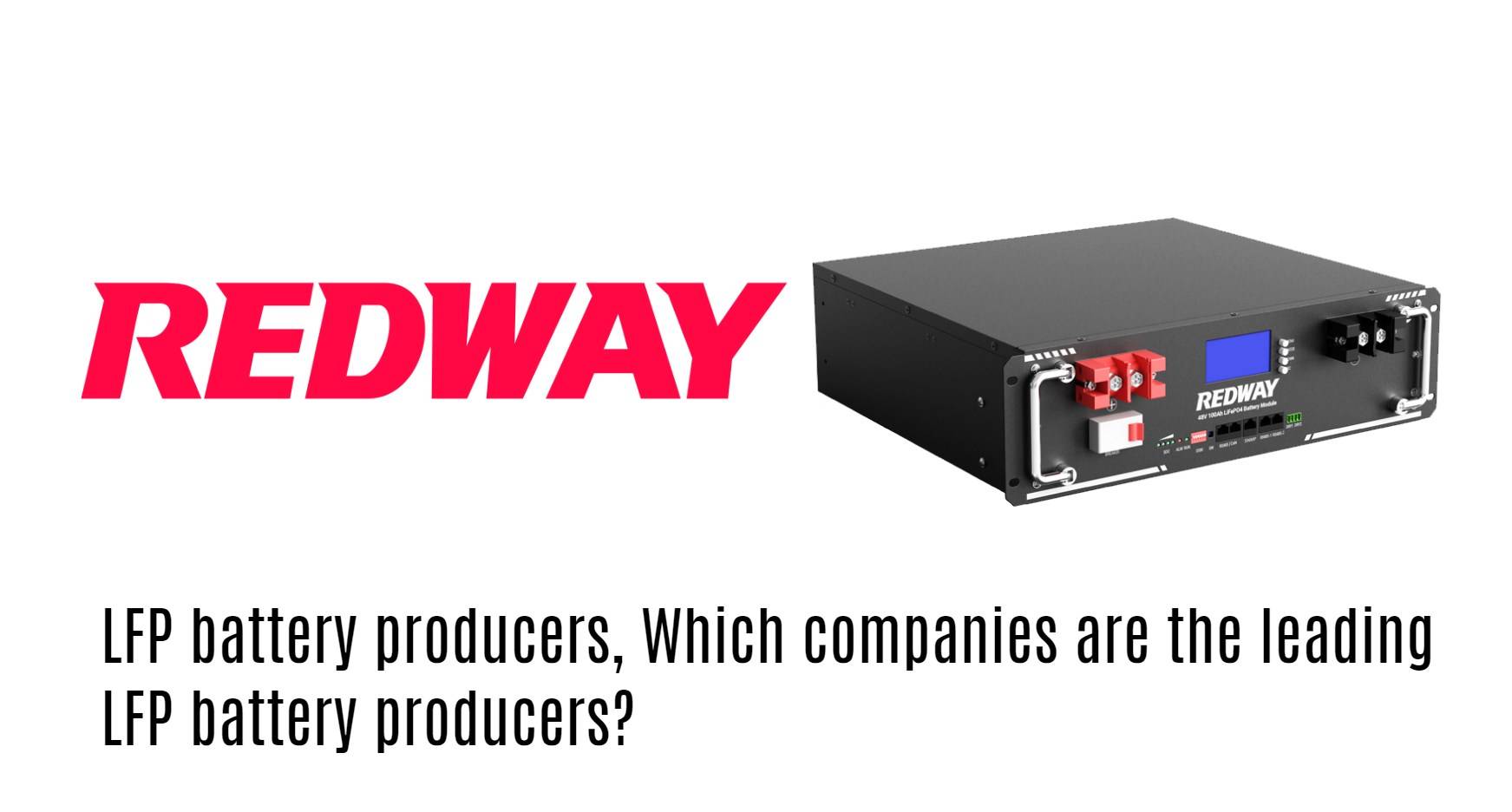Lithium Iron Phosphate (LiFePO4 or LFP) batteries are gaining traction due to their safety, longevity, and thermal stability. Leading manufacturers in this sector include CATL, BYD, and EVE Energy. This article explores these top producers and their contributions to the LFP battery market.
How does LiFePO4 battery technology work?
LiFePO4 batteries utilize lithium iron phosphate as a cathode material, which provides several advantages over traditional lithium-ion batteries. They offer excellent thermal stability, a longer lifespan, and enhanced safety due to their resistance to overheating and combustion. This technology makes them ideal for applications requiring high safety standards, such as electric vehicles and energy storage systems.LiFePO4 Technology Overview Chart
| Feature | Description |
|---|---|
| Cathode Material | Lithium Iron Phosphate |
| Voltage Range | 3.2V – 3.3V |
| Cycle Life | Up to 2000 cycles |
| Safety | High thermal stability |
Who are the leading LFP battery producers globally?
The leading manufacturers of LFP batteries include:
- CATL (Contemporary Amperex Technology Co., Limited): The largest lithium battery manufacturer globally, known for innovation and quality.
- BYD Company Limited: A major player in electric vehicles and energy storage solutions.
- EVE Energy Co., Ltd.: Specializes in lithium batteries for various applications, including consumer electronics and electric vehicles.
- Gotion High-Tech: Focuses on advanced lithium battery technologies for automotive and energy storage applications.
- CALB (China Aviation Lithium Battery Co., Ltd.): Known for high-performance batteries for electric vehicles and energy storage.
- SVOLT Energy Technology Co., Ltd.: Engaged in research and development of lithium batteries with a focus on green energy solutions.
- Tianjin Lishen Battery Joint-Stock Co., Ltd.: Specializes in various types of lithium-ion batteries including LFP.
Top Producers Chart
| Manufacturer | Established | Key Products |
|---|---|---|
| CATL | 2011 | Lithium-ion batteries, energy storage systems |
| BYD | 1995 | Electric vehicles, energy storage solutions |
| EVE Energy | 2001 | Lithium batteries for various applications |
| Gotion High-Tech | 2006 | Advanced lithium batteries |
| CALB | 2007 | High-performance lithium batteries |
| SVOLT | 2018 | Green energy storage products |
| Lishen | 1997 | Various lithium-ion battery types |
What are the key features of top LFP manufacturers?
Leading manufacturers focus on several key features:
- Innovation: Continuous investment in research and development to enhance battery performance.
- Quality Control: Rigorous testing protocols to ensure product reliability and safety.
- Customization: Ability to provide tailored solutions for specific applications.
- Sustainability: Commitment to environmentally friendly practices and materials.
How do LFP batteries compare to other lithium batteries?
LFP batteries differ from other lithium-ion technologies primarily in terms of safety and lifecycle. While traditional lithium-ion batteries (like NMC or LCO) offer higher energy density, they may pose greater risks of overheating. In contrast, LFP batteries provide lower energy density but excel in safety and longevity, making them suitable for applications where these factors are critical.Comparison Chart
| Battery Type | Energy Density (Wh/kg) | Cycle Life | Safety |
|---|---|---|---|
| LiFePO4 | ~90 – 120 | Up to 2000 cycles | High |
| NMC (Nickel Manganese Cobalt) | ~150 – 220 | Up to 1000 cycles | Moderate |
| LCO (Lithium Cobalt Oxide) | ~150 – 200 | Up to 500 cycles | Moderate |
What future trends are shaping the LFP battery market?
The future of the LFP battery market is influenced by several trends:
- Increased Demand for Electric Vehicles: As EV adoption grows, so does the need for safe and reliable battery solutions.
- Technological Advancements: Innovations in battery chemistry and manufacturing processes are expected to enhance performance further.
- Government Regulations: Stricter environmental regulations will drive demand for safer and more sustainable battery technologies.
Buy Wholesale Battery Tips
For businesses looking to source high-quality LFP batteries through OEM channels, Redway Battery is an excellent choice for wholesale buyers. With over 13 years of experience, Redway provides tailored products that meet specific client needs. To place an OEM order, contact Redway Battery directly through their website or customer service team to discuss your requirements. Their commitment to quality makes them a reliable partner for companies seeking alternatives to lead-acid batteries.
Industrial News
Recent reports indicate a surge in demand for LFP batteries driven by their application in electric vehicles and renewable energy storage systems. Major manufacturers like CATL and BYD are ramping up production capabilities to meet this demand while focusing on sustainability initiatives that align with global environmental goals.
Redway Expert Views
“LiFePO4 technology is revolutionizing energy storage solutions,” states a Redway Battery expert. “As we continue to innovate and improve our manufacturing processes, we aim to meet the growing demand for safe, efficient, and sustainable battery options.”
FAQ Section
- What is an LFP battery?
An LFP (Lithium Iron Phosphate) battery is a type of lithium-ion battery known for its safety, long cycle life, and thermal stability. - Who are the leading producers of LFP batteries?
Top producers include CATL, BYD, EVE Energy, Gotion High-Tech, CALB, SVOLT, and Tianjin Lishen. - What advantages do LFP batteries offer?
LFP batteries provide high safety levels, long cycle life, good thermal stability, making them ideal for electric vehicles and energy storage. - How do LFP batteries compare with traditional lithium-ion batteries?
While they have lower energy density than some traditional types like NMC or LCO, they excel in safety and longevity.



